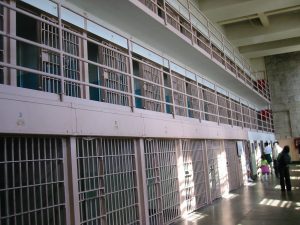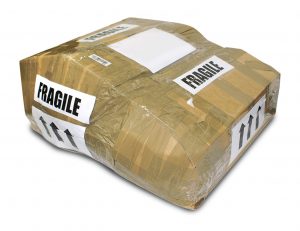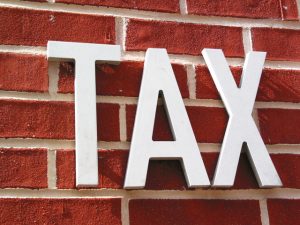California Cannabis Tourists: Buy it Here, Keep it Here
A couple from Minnesota was recently convicted on federal possession with intent to distribute charges after they were accused of hauling more than 1,000 pounds of California cannabis in their RV and were on their way home when they were stopped in Montana. They face between 5 and 40 years in prison for the charges, plus a $5 million fine and up to four years of supervised release. It’s not clear exactly how officers were tipped off to the pair, though Los Angeles marijuana business lawyers understand Montana authorities were notified via the Minnesota drug task force before they were stopped leaving a casino. Defendant reportedly told authorities he was paid $20,000.
Transport of marijuana across state lines has always been a federal crime, and the fact the drug can now be obtained legally by adults in states like California has not changed that. Even traveling from a state like Washington to California – where the drug is legal for recreational purposes in both states – is technically a crime in the eyes of federal law. It may even be considered trafficking, and you could face five years in prison for possession with intent to distribute as little as 50 grams.
Practically speaking, if you transport cannabis across state lines from one state to another where both have legalized cannabis for recreation, you may not incur any serious penalty. But if this is something you are thinking about or planning, take no action before first speaking with a Los Angeles marijuana attorney because technically, to do so IS a crime. Continue reading
 Cannabis Law Group's Medical Marijuana Legal Blog
Cannabis Law Group's Medical Marijuana Legal Blog







 the growing list of places where either recreational or medical marijuana is legal. Two of the states — Utah and Missouri — currently have no marijuana protections and would be looking to add medical. The inclusion of these two would bring the number of states with some form of legal cannabis to 32. Meanwhile, Michigan and North Dakota are no strangers to marijuana legislation, each one already having medical marijuana permissions in place while looking to move forward into recreational cannabis in November.
the growing list of places where either recreational or medical marijuana is legal. Two of the states — Utah and Missouri — currently have no marijuana protections and would be looking to add medical. The inclusion of these two would bring the number of states with some form of legal cannabis to 32. Meanwhile, Michigan and North Dakota are no strangers to marijuana legislation, each one already having medical marijuana permissions in place while looking to move forward into recreational cannabis in November. Supreme Court decision is primed to have a major effect on marijuana rights throughout the country, but the content of the case is not cannabis: It’s sports gambling. The recent decision in
Supreme Court decision is primed to have a major effect on marijuana rights throughout the country, but the content of the case is not cannabis: It’s sports gambling. The recent decision in 
 eliminate federal grasp over cannabis altogether and begin the healing process of the destruction caused by the war on drugs.
eliminate federal grasp over cannabis altogether and begin the healing process of the destruction caused by the war on drugs. According to a recent news article from
According to a recent news article from 
